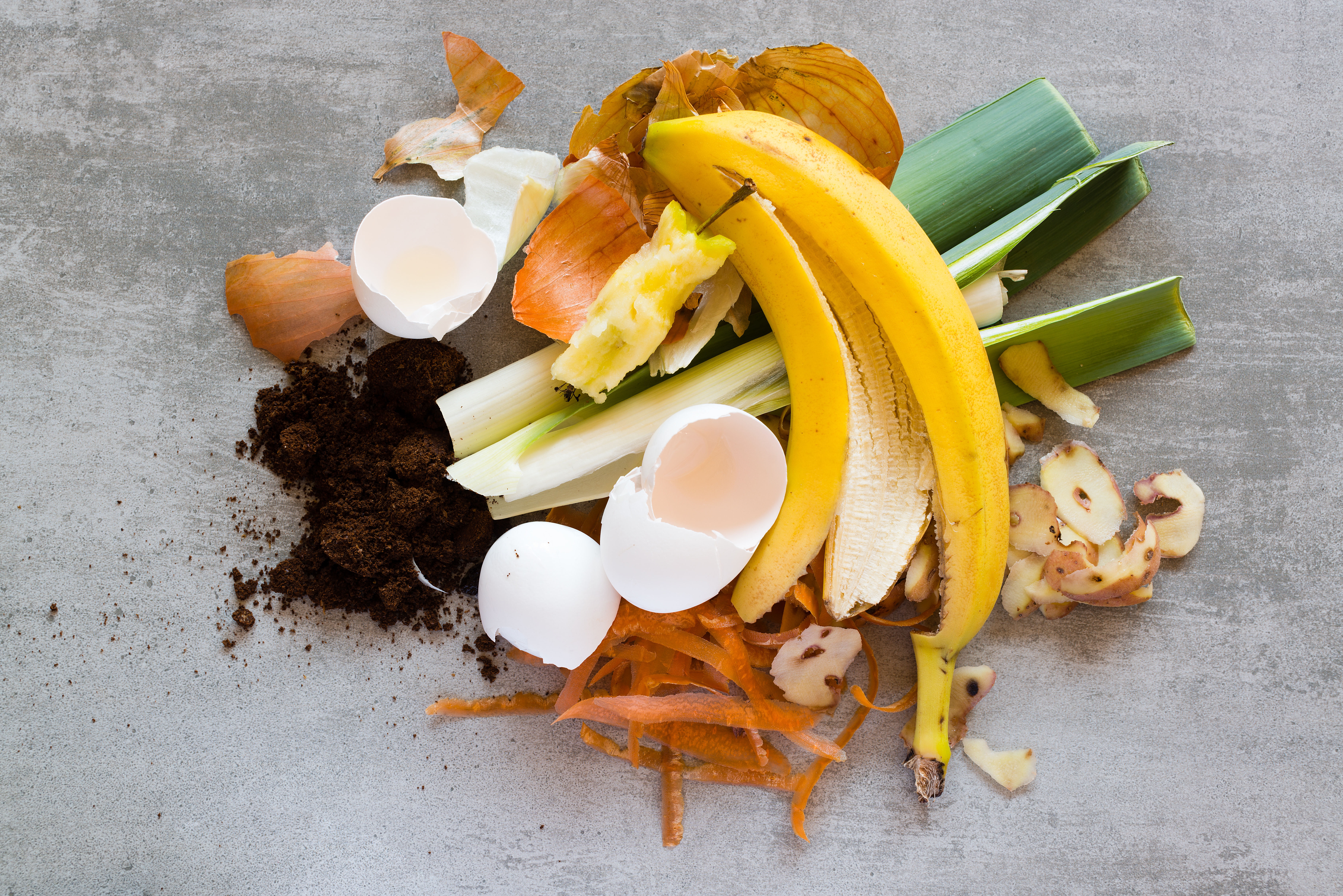MARKET PROBLEM
Food waste or organic waste management is a global issue. About 40% of edible food goes into waste from its journey from farm to the dining table. About 30 - 40 % of all the waste human generates is composed of food waste. Food waste diverted to landfills generates methane gas, one of the most potent greenhouse gases that contribute to climate change. Hundreds of municipalities in North America and around the world are enforcing new regulations for separate disposal of food/kitchen waste from the regular waste.
According to United Nations Environment Program (UNEP), roughly one third of the food produced in the world for human consumption every year, approximately 1.3 billion tonnes, gets lost or wasted. In the United States 40% of all food, worth US$160 billion, is wasted each year. In Canada, about $30 billion worth of food is wasted every year. Global food waste data is astronomical. Micron Waste Technologies has developed a green technology that manages the food waste in the most efficient way in terms of environment and economy.
The United Nations estimates that one-third of all food produced globally is wasted. In the USA alone, over 40 billion pounds of food is thrown out of grocery stores every year —that’s about 10 percent of all food purchased in stores. Grocery stores spend thousands of dollars every month on logistics companies to haul away their waste on a daily basis.
Although marijuana is becoming legalised in more and more countries, there are still significant overhead to manage and dispose of waste generated from marijuana cultivation. Cannabis waste, either wet or dry, must be individually bagged, weighed, tagged, and supervised to proper destruction. Our Micron Waste Technology can process the waste directly onsite in a closed loop system and generate clean water for the grow operation.
The F&B industry generates a tremendous amount of food waste. But due to space limitations and proximity to general consumers, disposing of food waste is problematic. Many hotels, sports stadiums, and restaurant chains have expressed a high degree of interest in pursuing onsite organic waste treatment, as an alternative to the existing costly method of waste disposal.

